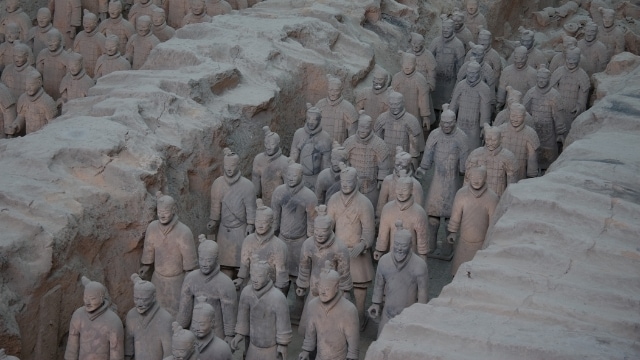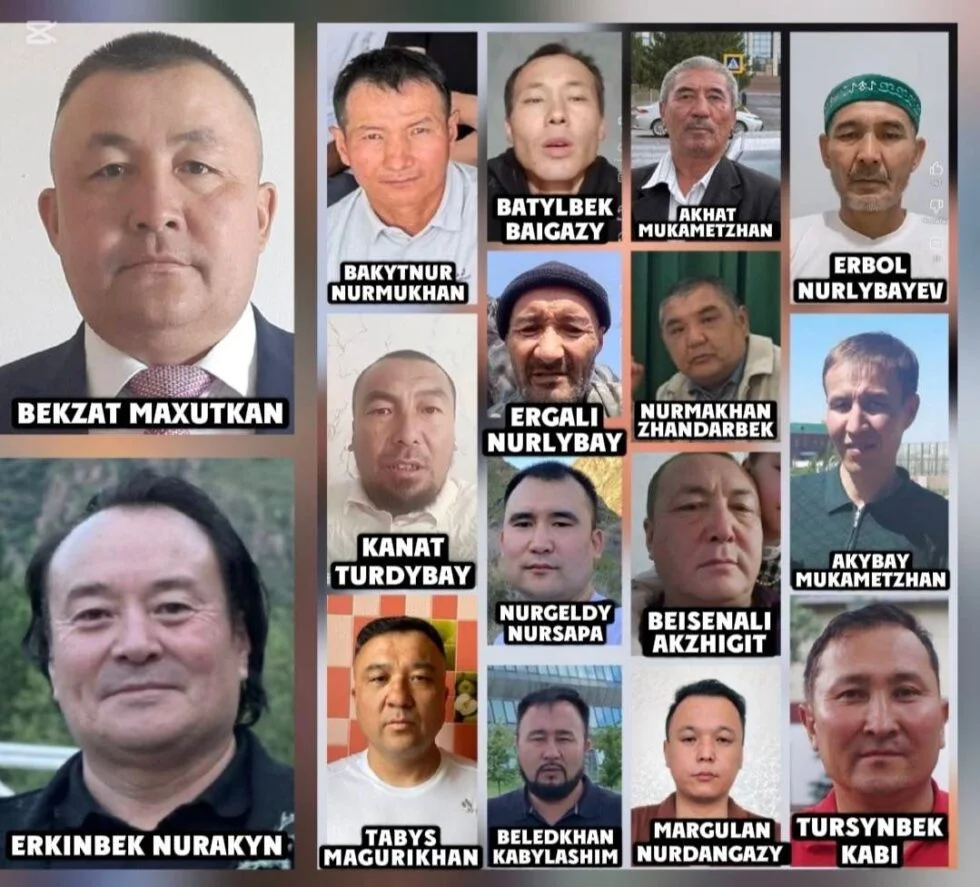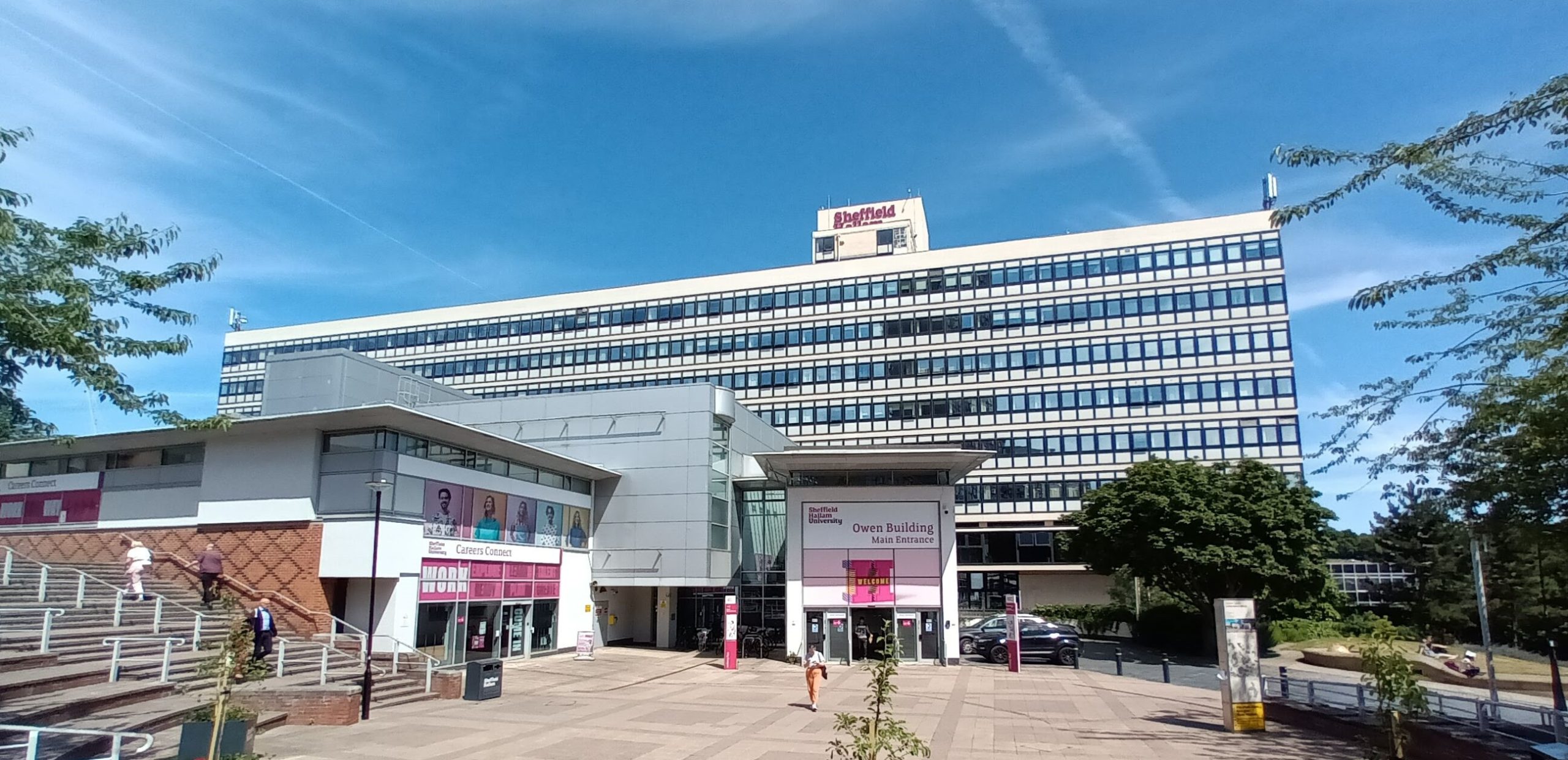Faithful to Chairman Mao’s teaching “to use the past in service of the present,” the CCP hopes that archeologists, of all people, can solve some of its problems.
by Massimo Introvigne

These are difficult times for the CCP. Criticism of its human rights abuses in Xinjiang, Tibet, Inner Mongolia, and crackdown on all forms of dissent and all kinds of religion is growing. Even the usually cautious President Macron of France has decided to speak out, while economic and other retaliation against China is at the center of the electoral campaign in the United States.
It comes as no surprise that President Xi Jinping has called for a group study session, on September 28, of the Political Bureau of the CCP Central Committee. The theme of the meeting? Not international criticism, foreign policy, or human rights. No, the subject discussed was—archeology.
Xi “stressed developing archaeology to better understand the long-standing and profound Chinese civilization.” “Archeological work is not only an important cultural undertaking but also has great social and political significance,” Xi said, adding that “historical and cultural heritages tell vivid stories of the past and profoundly influence the present and future.”
Archeological results, of course, should be interpreted. Xi called for more effort aimed at “interpreting archaeological findings. The archaeological circle, he said, should work with researchers in the fields of economy, law, politics, culture, society, ecology, science and technology, and medicine, to ensure sound research and interpretation of unearthed cultural relics and sites so as to present the origin and development of the Chinese civilization and its major contributions to humanity more clearly and comprehensively.”
Xi also asked the CCP to devote “further efforts to guide the people, especially young people, to better understand the origin and development history of Chinese civilization, and conduct international exchanges to let the rest of the world know more about Chinese civilization, history and national spirit.” He also promised more money to support archeologists.
Both Xi Jinping and the members of the CCP Politburo are busy persons. Why did they devote their time to archeology—and make sure the CCP media publicize their efforts? Creating a better international image of China in general is one of the stated aims of the archeology campaign. Another is “educate and guide the masses and cadres, especially young people, to understand the historical lineage of the origin and development of Chinese civilization.” But how would this work in practice?
Chairman Mao taught the CCP to “use the past in service of the present” (古为今用), and reminded the Party that Marxist history and archeology are not “neutral” or “objective.” For a Communist party, archeology and history are just additional tools to educate the masses and promote the party line.
However, scholars have noted a difference between Chairman Mao’s approach to archeology and Xi Jinping’s. Mao interpreted Chinese history through Marx’s rigid lenses. Gideon Shelach-Lavi distinguishes between Mao’s “paradigm of rupture” and the post-Mao “paradigm of continuity,” promoted by Xi Jinping but in fact first advocated by Chinese archeologist Su Bingqi (1909–1997).
In the “paradigm of rupture,” archeology should prove that the history of China went through irreconcilable phases of “barbarism, slave society, feudalism, capitalism and communism.” This was vintage 19th-century Marxism, and eventually led to the destructions of the vestiges of “barbarism, slave society and feudalism” by the Cultural Revolution.
On the contrary, the “paradigm of continuity” emphasizes that the Chinese civilization, the only great ancient civilization that (unlike the Greek, the Roman, and others) never ceased to exist, moved through history by learning from its mistakes and accumulating knowledge, until all its heritage was purified and reformulated in the most correct way by the CCP.
Obviously, this reading of history (my comment, not Shelach-Lavi’s) calls for a selective use of materials from the past, for instance downplaying the religious and spiritual elements of Chinese culture and perpetuating the myth that China was always non-religious. The advantage of this paradigm, however, is to mobilize Chinese nationalism as a powerful resource in the service of the CCP.
Han Chinese nationalism, that is. There is another reason why archeology is so important. It should find “evidence” that Tibet, Xinjiang, Inner Mongolia have been part of China since time immemorable. Some of this “evidence” is bogus and verges on pseudo-archeology—but for the CCP this is not very important. Remember, the past should be used in the service of the present, and Marxist archeology is about “educating the masses” rather than achieving some bourgeois notion of “historical truth.”
This is why archeology is perceived by Xi Jinping as a good medicine to treat the CCP’s present ailments.
Source: Bitter Winter












